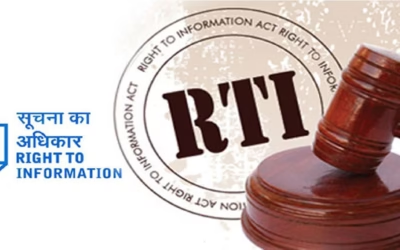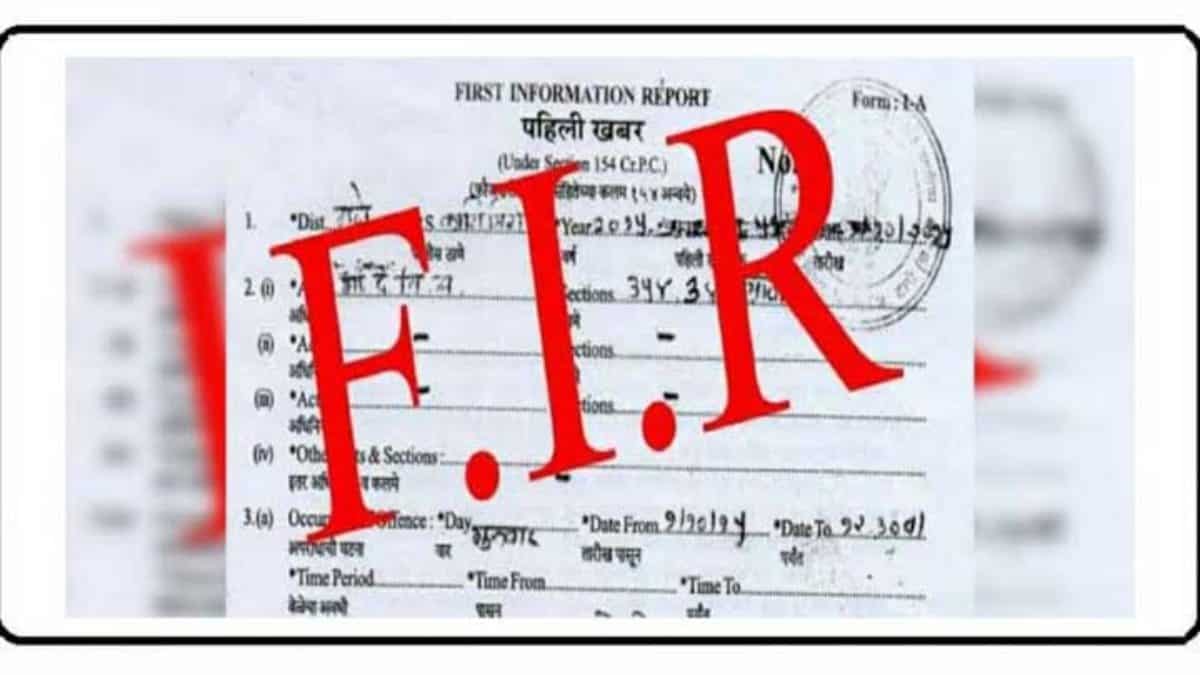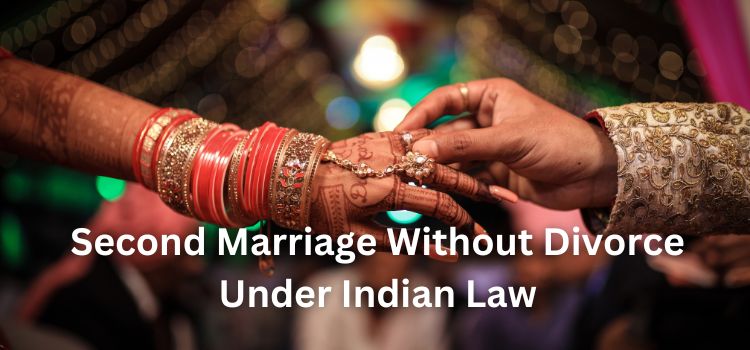
Unmarried Couples in India: Know Your Legal Rights for a Secure Future

Legal Rights of Unmarried Couples in India: What You Must Know
Unmarried couples often face questions about their rights and protections under Indian law. While societal acceptance may still be evolving, the legal framework has progressed to recognize and safeguard the rights of such couples. Here’s an in-depth look at the key rights of unmarried couples in India.
1. Legality of Live-In Relationships
The Supreme Court of India has upheld live-in relationships as legal and valid under Article 21 of the Constitution, which guarantees the right to life and liberty.
- Live-in relationships are neither a crime nor a sin in the eyes of the law.
- Courts have ruled that consenting adults can live together without being married.
2. Protection Against Domestic Violence
Unmarried women in live-in relationships are entitled to protection under the Protection of Women from Domestic Violence Act, 2005.
- Reliefs include protection orders, monetary compensation, and residence rights.
- This ensures women in such relationships are not left vulnerable to abuse.
3. Right to Privacy for Unmarried Couples
The right to privacy is guaranteed under the landmark K.S. Puttaswamy vs. Union of India (2017) judgment.
- Police or third parties cannot interfere in the private lives of consenting adults.
- Hotels and landlords cannot deny services based on marital status.
4. Rights of Children Born Out of Live-In Relationships
- Children born to unmarried couples are considered legitimate.
- They have inheritance rights to their parents’ property.
- The Supreme Court ensures such children are not discriminated against in any way.
5. Property and Financial Rights
- Property jointly acquired during the relationship belongs to both partners.
- Unmarried couples can safeguard financial and property interests through legal agreements or wills.
6. Legal Remedies for Harassment
- Couples harassed by police, landlords, or society can seek legal protection.
- Courts often intervene to protect the dignity and privacy of unmarried couples.
7. Inheritance and Financial Security
- While unmarried partners lack automatic inheritance rights, they can secure their interests through a will or nomination.
- Proper financial planning ensures legal protection for both partners.
Key Court Judgments for Unmarried Couples
- Lata Singh vs. State of UP (2006):
- Recognized the right of consenting adults to live together without interference.
- D. Velusamy vs. D. Patchaiammal (2010):
- Affirmed the protection of women in live-in relationships under the Domestic Violence Act.
How to Secure Your Legal Rights as an Unmarried Couple:
- Draft Legal Agreements:
- Create cohabitation agreements to define financial responsibilities and property rights.
- Seek Legal Advice:
- Consult a legal expert to understand the nuances of live-in relationships.
- Maintain Evidence:
- Keep documents, joint bank account statements, and other proofs of cohabitation if needed in legal disputes.
Conclusion:
Unmarried couples in India are entitled to significant legal protections and rights, ensuring their dignity and privacy are respected. Understanding these rights is crucial to navigating societal challenges and securing a stable future.
For more insights and expert legal advice, visit LegalSathii.com and empower yourself with knowledge.
































